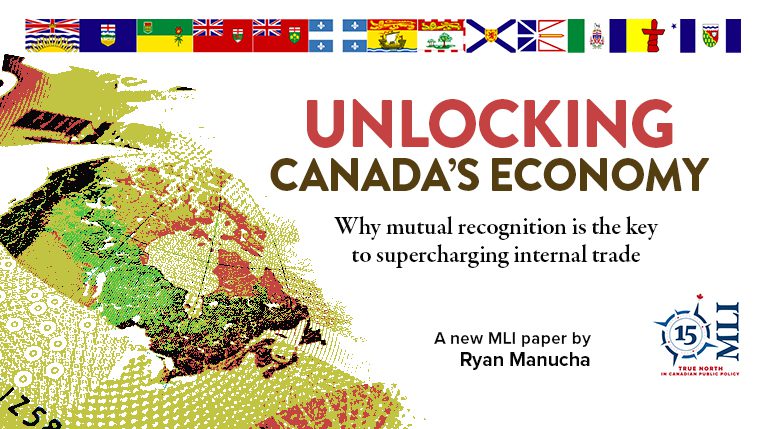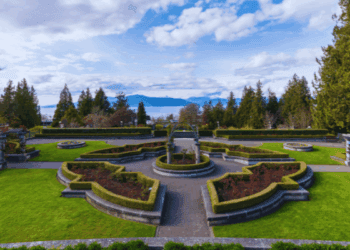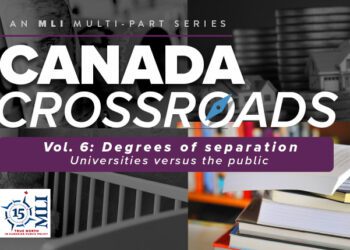By Ryan Manucha
April 8, 2025
Executive Summary
US President Donald Trump’s tariff threats seem to have reminded Canadians that we don’t even trade well with each other. We self-sabotage through domestic trade obstacles that hinder economic growth and security.
Right now, Canada’s interprovincial trade barriers are a patchwork of conflicting laws and regulations that impose undue restraint on goods, services, and labour seeking to cross an internal frontier. It impacts everything from high-visibility safety apparel to electrical codes to health care professionals. These barriers harm Canadian growth and prosperity: by one estimate they add between 7.8 and 14.5 per cent to the price of goods and services.
Over the past thirty years, the federal and provincial governments have tried to tackle this issue via domestic trade agreements. These include the pan-national Canadian Free Trade Agreement (CFTA) and Western Canada’s New West Partnership Trade Agreement (NWPTA) among several others. These agreements offer various tools to reduce trade barriers but among the most important is “mutual recognition.”
Mutual recognition (MR) is an arrangement where two or more governments agree to accept each other’s standards, regulations or laws in respect of goods, labour, and services without the need for additional testing or compliance checks. This approach stands in contrast to that of harmonization, which requires uniform rules. Governments find MR more attractive than harmonization because they can preserve their own standards and then choose to recognize those of others, thereby retaining greater local autonomy and policy flexibility.
Enshrining broad-based mutual recognition via provincial and territorial legislation would massively advance freer internal trade, unlocking Canada’s full economic potential. To achieve this, the author recommends the following:
• A single legislative instrument for mutual recognition of goods, jobs, and services, with adjustments for their unique needs.
• For jobs, adopt a system similar to Australia’s that accepts qualifications from other provinces and territories by default, with 30 days for regulators to reject.
• Ensure clear and transparent rules to operationalize mutual recognition, e.g. imposing response time limits and laying out the precise procedure to deny mutual recognition.
• Include inter-regulator trust-building mechanisms such as verification procedures, notification protocols, and reason-giving obligations when denying mutual recognition.
• Allow for appeals of mutual recognition decisions, with rules in place to ensure fairness.
• Incorporate a process for governments to escalate discrepancies for common standards.
• Permit exceptions and exemptions but in a way that furthers overall trade liberalization.
• Require regular reporting to ensure the proper functioning of the mutual recognition arrangement.
The evidence clearly shows that provinces and territories would benefit even if they adopted unilateral mutual recognition. Canada can also learn from the experiences of Australia and the European Union, which both adopted forms of mutual recognition. These lessons should be applied to the foundation established by Nova Scotia’s precedent setting legislation, the Free Trade and Mobility within Canada Act.
As other countries – particularly the United States – embrace economic isolationism, the need for Canada to break down its domestic trade barriers has never been more urgent. Now is the time for bold reforms that will remove these obstacles and drive prosperity for all Canadians.
Read the full paper here:







